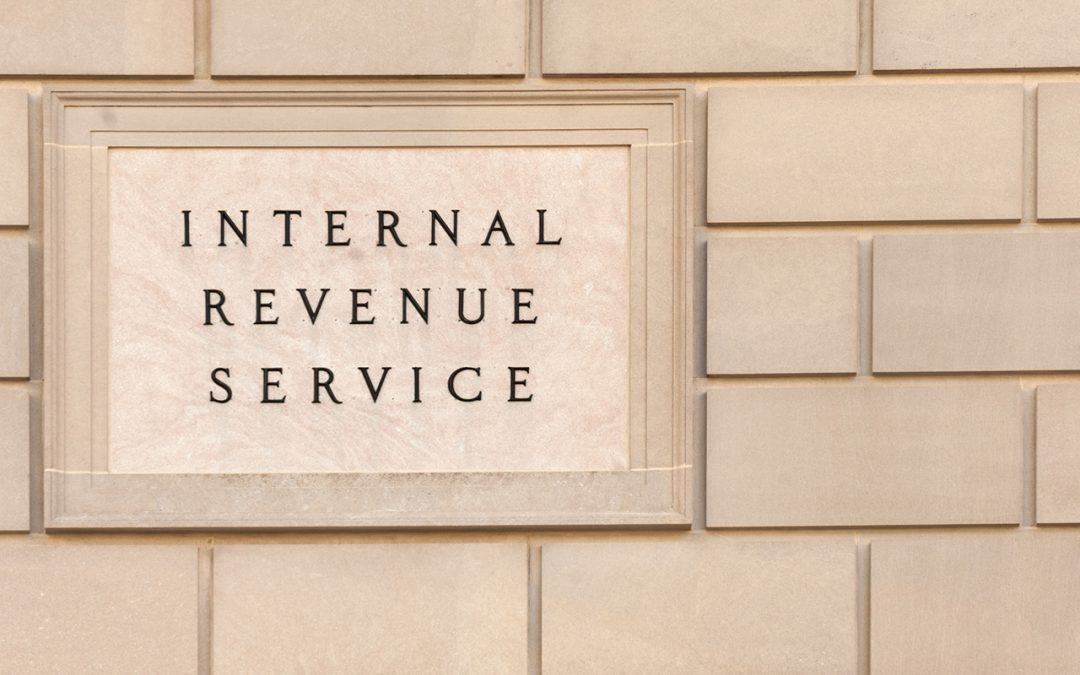This is a summary of IRS Code; Rule 643. It says if a Trust has a Simple or Complex provision, is
Discretionary and no percent is designated to one Beneficiary that the Trustee of the Trust may make a
declaration that the income is either Extraordinary Dividends, Taxable Stock Dividends and that they are
paid to the corpus is not income to the Trust. It goes further to say that any property held in the corpus of a
Trust when it is sold it not subject to capital gains.
Internal Revenue Code: Rule 643
Internal Revenue TITLE 26, Subtitle A, CHAPTER 1, Subchapter J, PART I, Subpart A, Sec 643
(a)(3),(4),(7) and (b) states: “ (3) Capital gains and losses. Gains from the sale or exchange of capital assets shall
be excluded to the extent that such gains are allocated to corpus and are not (A) paid, credited, or required to be
distributed to any beneficiary during the taxable year, or (B) paid, permanently set aside, or to be used for
the purposes specified in section 642(c). Losses from the sale or exchange of capital assets shall be excluded,
except to the extent such losses are taken into account in determining the amount of gains from the sale or
exchange of capital assets which are paid, credited, or required to be distributed to any beneficiary during
the taxable year. The exclusion under section 1202 shall not be taken into account. (4) Extraordinary
dividends and taxable stock dividends For purposes only of subpart B (relating to trusts which distribute
current income only), there shall be excluded those items of gross income constituting extraordinary
dividends or taxable stock dividends which the fiduciary, acting in good faith, does not pay or credit to any
beneficiary by reason of his determination that such dividends are allocable to corpus under the terms of the
governing instrument and applicable local law. (7) Abusive transactions The Secretary shall prescribe such
regulations as may be necessary or appropriate to carry out the purposes of this part, including regulations
to prevent avoidance of such purposes. If the estate or trust is allowed a deduction under section 642(c), the
amount of the modifications specified in paragraphs (5) and (6) shall be reduced to the extent that the amount
of income which is paid, permanently set aside, or to be used for the purposes specified in section 642(c) is
deemed to consist of items specified in those paragraphs. For this purpose, such amount shall (in the absence
of specific provisions in the governing instrument) be deemed to consist of the same proportion of each class
of items of income of the estate or trust as the total of each class bears to the total of all classes. (b) Income
for purposes of this subpart and subparts B, C, and D, the term “income”, when not preceded by the words
“taxable”, “distributable net”, “undistributed net”, or “gross”, means the amount of income of the estate or
trust for the taxable year determined under the terms of the governing instrument and applicable local
law. Items of gross income constituting extraordinary dividends or taxable stock dividends which the fiduciary,
acting in good faith, determines to be allocable to corpus under the terms of the governing instrument and applicable
local law shall not be considered income.”
Privacy Protection Benefits

